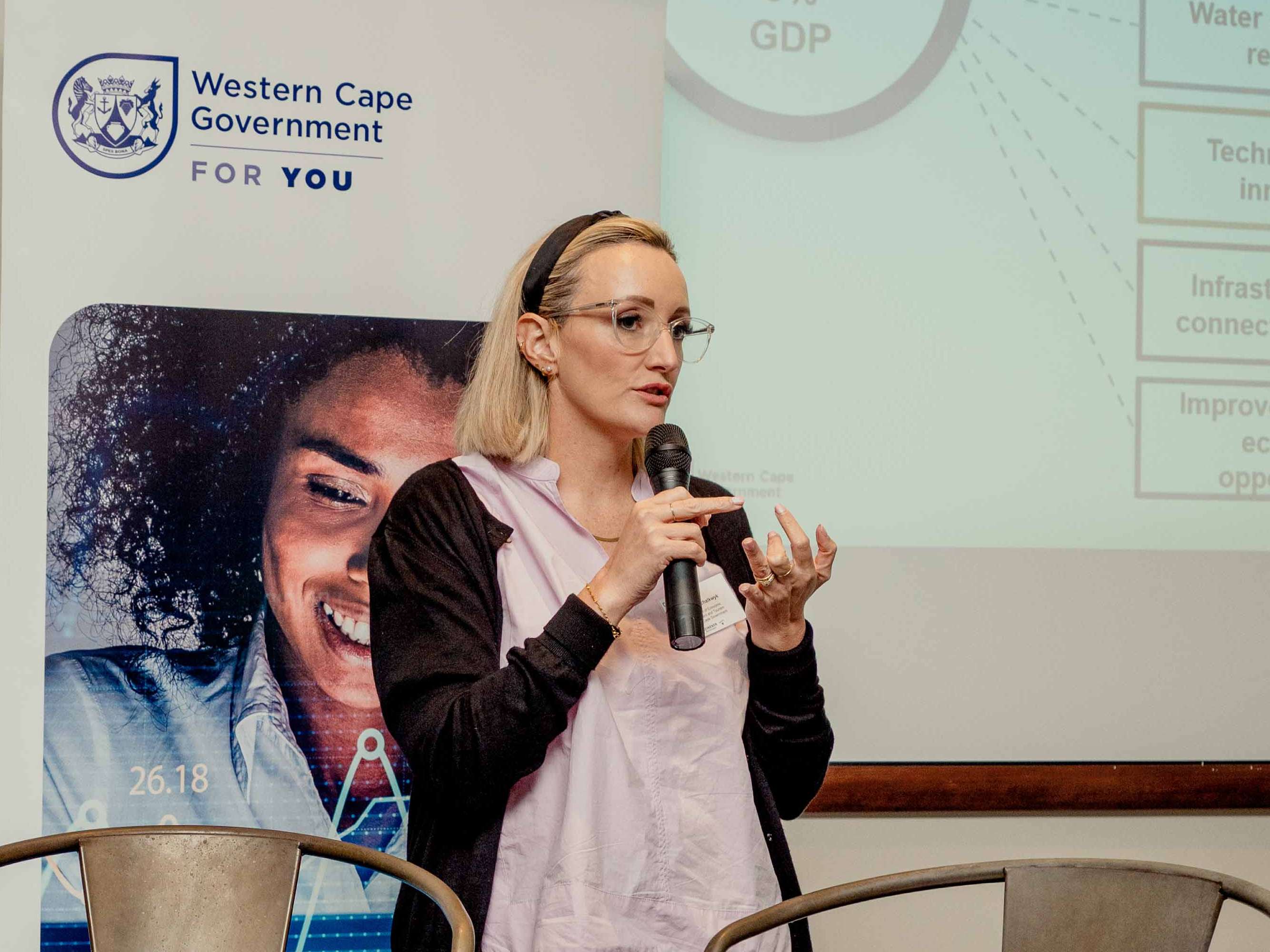Our Sector Portfolio Committee oversees the interests of our business members in the Food & Beverage Sector.

The Chamber supports local area and sector development by providing the following:
- Enterprise development - increasing awareness of opportunities for learning, development and links to expertise.
- Networking events - enabling members to connect with new customers, suppliers, experts and decision-makers.
- Support sector associations to strengthen their cluster facilitation capabilities.
- Strengthening of dialogue with the public sector - towards more effective public investment, smarter service delivery, procurement efficacy and to stop doing what the private sector can do with greater efficacy.
Related Links:
Labour Research Service (LRS) – Food and Beverage Sector Report 2021
The Food & Beverage Sector has exhibited impressive growth and job creation in past years, proving once again that this Sector is a strategic priority for the Western Cape. The Sector contribution and relevance to the Western Cape ranks higher compared with Food & Beverage Sectors in other provinces.
This is true of companies in both the middle value chain of agri-processing and those in the downstream value chain, which is linked to the effective route to market of the food and beverage products. A hallmark of the Sector is the many interconnected opportunities with the other economic sectors that, if realised, will lead to enhanced food security, a revived township and CBD economy, sustainable job creation, and a reliable prosperity journey for all involved.
As we continue to engage with both the private and public sector stakeholders, the Cape Chamber aims to build transformational partnerships that will deliver collective impact for all industry players.
We welcome you to engage with us to improve the Food & Beverage Sector.
Value Chain for Food and Beverages
Research and development consists of marketers, financial intermediaries, attorneys and supply chain management who all work together to gather and analyse information about the market, competitors’ products and consumer’s preferences. Once data is collected and analysed bakers, chefs, nutritionists set up recipes to make the end product.
Primary ingredients that are manufactured in the Voortrekker road corridor consists of salt and spices, cooking oil and sunflower oil, starch and glucose, fruit harvesting and rice harvesting these ingredients are then seasoned, cooked or baked to produce the final product. Final food and beverage products that are produced in the Voortrekker road corridor consists of fruit juice, preserved fish or seafood, bakery goods, dairy products or wine.
Goods that are preserved before it reaches the consumer are packaged by plastic or cardboard boxes or bottles it is then labelled. Manufacturers of paper, paperboard, cardboard boxes, tins, bubble wrap or plastic bags are used for packaging purposes before the final product reaches the retail stores. Logistics and courier businesses then manage trucks, ships, air planes distribution centre that are used to deliver the goods to wholesalers or retailers.
Marketing firms, advertising agencies, promotion and events management as well as graphic designers are all used to attract a wide range of consumers and increase the demand for the good once it reaches the retailers or wholesalers. Wholesalers of food and beverages in the voortrekker road corridor consists of cash and carry and distribution centres. Retailers in this region consists of butchers, supperette or super markets, take away or fast food shops, restaurants, kiosk or tuck-shops, pub or liquor stores, Shoprite checkers and Pick ‘n Pay stores. Consumers who are more likely to purchase the product found in the Voortrekker road corridor are restaurants, catering companies, household shoppers or fast food stores.
After consumers use the product they recycle goods such plastic bottles, tins or paper which is then used to produce other packaging goods.
Ingredients used for the production of food and beverages varies according to the different recipes thus it is essential that nutritionists and dieticians are all available during the production process of food and beverages products. The industrial survey results suggests that there are not many companies that specialise in processing machines for food or beverage products thus it









